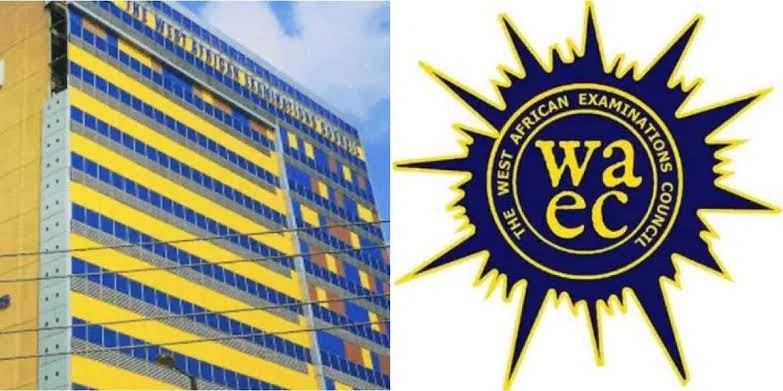News Investigators/ The West African Examinations Council (WAEC), has reaffirmed its readiness to fully implement Computer-Based Testing (CBT), for the West African Senior School Certificate Examination (WASSCE) by 2026.
The Head of National Office, WAEC, Amos Dangut, disclosed this while speaking during the sensitisation on computer-based WASSCE for members of the National Assembly Committee on Education in Abuja on Tuesday.
Mr Dangut, who explained that the rollout of CBT examinations had already begun, assured that no candidate would be left behind in the transition.
He stressed that the move to CB-WASSCE was motivated by the need to safeguard the credibility of Nigeria’s certificates and to align assessment practices with global standards.
On preparations for students, he noted that WAEC would introduce mock sessions and online practice platforms to enable candidates familiarise themselves with the system before the main examinations.
He recalled that WAEC successfully conducted Nigeria’s first-ever CB-WASSCE in 2024 for private candidates in a hybrid format, combining paper-and-pen with computer-based responses.
Building on that experience, he said that the council had deployed the system for the WASSCE for school candidates in 2025, recording significant progress.
“”The Federal Government has directed that we carry out our exams using the computer testing mode and by the grace of God, we have started it.
“We are up to the task and that is our intention. We have started it and there is no going back, it is going to be on a large scale.
“We have done five exams now; four exams for the private candidates and one exam for the school candidates.
“And for 2026, we are going to do it massively, we are going to deploy it massively, just like JAMB, there is usually mock exam preparatory to the main exam,” he said.
Addressing concerns about infrastructure and connectivity, Dangut assured lawmakers and stakeholders that no student would be disadvantaged, regardless of location.
“We are taking our sensitisation and demonstration to the nooks and crannies of Nigeria.
“We have conducted exams even in hard-to-reach areas, so infrastructure will not stop this programme. All registered candidates will sit for their exams,” he stated.
On fears of cyber-attacks or system failures, Dangut dismissed such concerns, saying that all CBT exams conducted so far had been smooth, with candidates’ performance empirically better than on paper-based exams.
Mr Dangut explained that the sensitisation campaign was designed to foster broad stakeholder support for the transition to computer-based testing.
In his contribution, the Vice Chairman of the Senate Committee on Basic and Secondary Education, Sen. Adamu Usman, pledged the National Assembly’s full support for the introduction of computer-based examinations.
Usman, represented by his vice, Sen. Ekong Samson, emphasised that the National Assembly would support WAEC by working to increase budgetary allocations to the education sector ahead of the 2026 full-scale rollout.
According to him, the adoption of CBT for WASSCE aligns with the federal government’s directive for greater use of technology in national examinations.
Also, Rep. Oboku Oforji, representing Yenagoa/Opokuma constituency, Bayelsa State, urged WAEC to establish at least one CBT across 774 local government areas before the commencement of the rollout in 2026.
Oforji said that the National Assembly would invite the Minister of Education to give more clarity on the implementation, while also promising full backing for the project.
On his part, the Minister of Education, Dr Tunji Alausa reiterated the federal government’s determination to provide every Nigerian child with access to quality education that meets global standards.
“For more than seven decades, WAEC has remained a dependable institution, rendering invaluable service to the African child and contributing significantly to the advancement of education across the sub-region,” he said.
The minister highlighted ongoing government’s reforms in the education sector including restructuring the national curriculum, upgrading school infrastructure, distribution of modern learning tools such as smart boards, among others.
According to him, the migration of public examinations to computer-based technology aligns with the administration’s vision of transforming education into a foundation for national development, job creation and wealth generation.
“This historic step reflects our collective determination to strengthen student assessment and reposition education in Nigeria.
“With WAEC leading this transition, we are confident that the credibility and merit-based outcomes of our examinations will be further secured,” Alausa assured.
NAN
